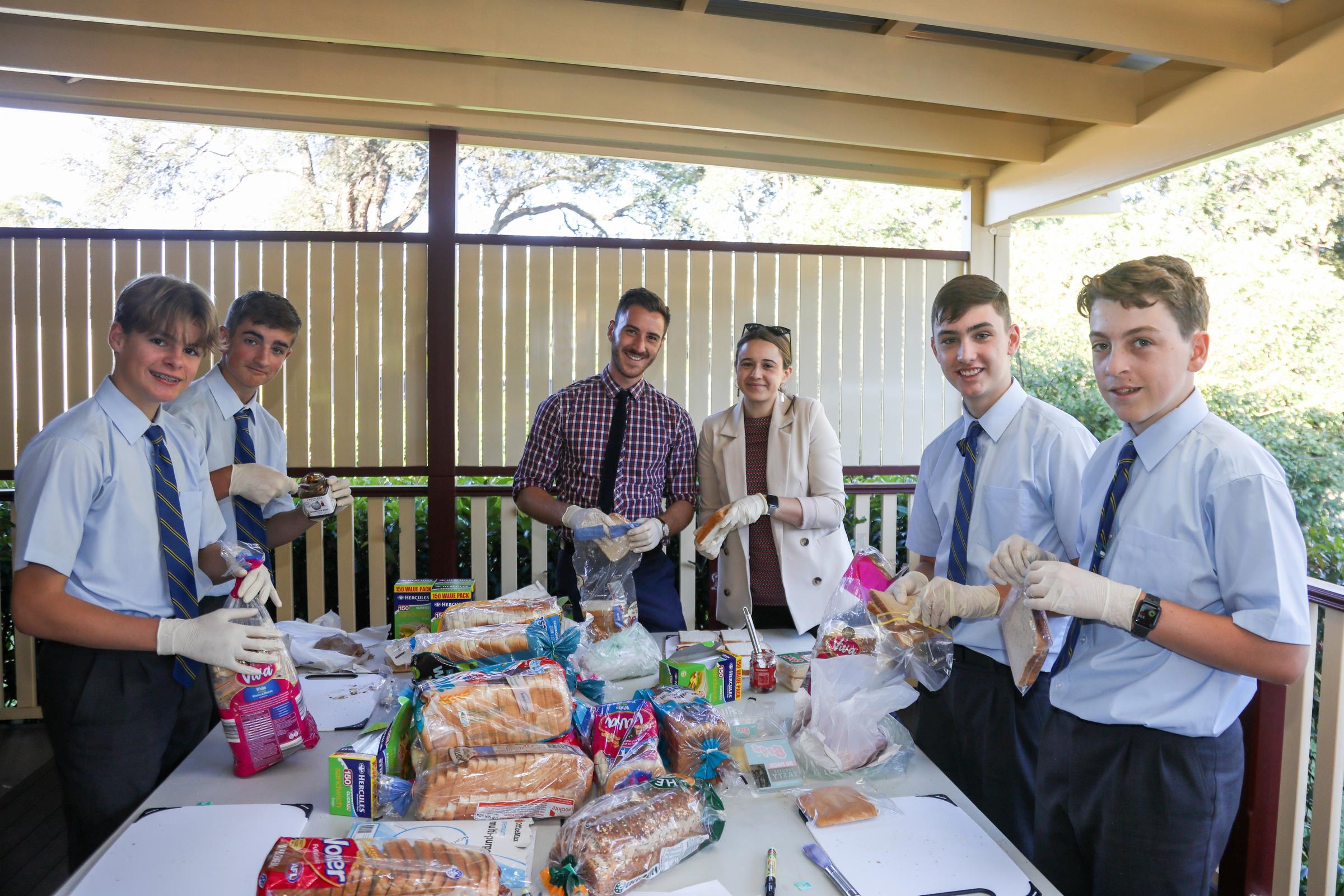Faith, Justice and Formation

Practising What We Preach
All of us at present are living through something we have never lived through before. We are all adapting in different ways and working really hard to do the right things by everyone. Mistakes are made along the way, and we try different things to ensure some normality in our lives. No human being is perfect because we were made flawed by God. On the flip side, God gave us free will to do what is right and make choices that serve all of his creation.
In a time when we cannot control a lot of things in our lives, it’s important that we think about the things we can control. We can control how we treat each other, we can control getting up and going to work or school, and we can control how we shop and what we buy.
COVID-19 has had different impacts on different people and different areas of our lives. One aspect that is really being harmed at present is the environment. We are using more single-use products and driving more individual cars. Scientifically it has been stated that the pandemic has had no positive influence on climate change – last year saw a small dip in emissions and excess rubbish, but this year hasn’t helped the Earth at all.
There is currently a lot of discussion about our response to climate change in all sectors of life, including and most prominently from the Catholic Church. As a College, we have made our stance very clear on our commitment to climate justice, and we support the EREA response to the climate crisis document, Ask the Earth and It will teach you (mentioned in previous issues of the Especean).
One of the best points from this document, as well as others, is that it is better to have all of us work imperfectly for the Earth than have just a few people/groups working perfectly. What does this mean for us? Quite simply, it means choosing to care for our Earth in the areas we can make a difference in or the areas we can control.
I urge everyone, on behalf of the children and all future generations, to do what you can for the Earth and all its inhabitants. One of the biggest examples of this for us at present is the wearing of masks – we don’t have a choice to wear them, but we do have a choice of which ones to wear. Single use masks are destroying our waterways, animal life and general habitat. A cloth mask that is two to three layers, with an aluminium nose bridge and washed, are considered equal to or more effective than single use masks. Our school masks, given to every boy, meet these requirements. Washing our masks at the end of each day is a small price to pay to save our Earth – every boy in the school is capable of this, especially if shown how to do it. Wash it, hang it up overnight and wear it the next day, or have a couple to use throughout the week.
You have the choice. Which choice will you make? Do our choices model our values for the young people we influence?
Thanks for thinking about this.
Gillian Daley
Director of Identity
PS. In relation to this, I will be offering the boys the opportunity to purchase an Aboriginal fabric face mask which helps some First Nations communities in the state. They will be $15 each with information going out to boys next week. Clearly there is no obligation to purchase one, but it is an option with a cause.
